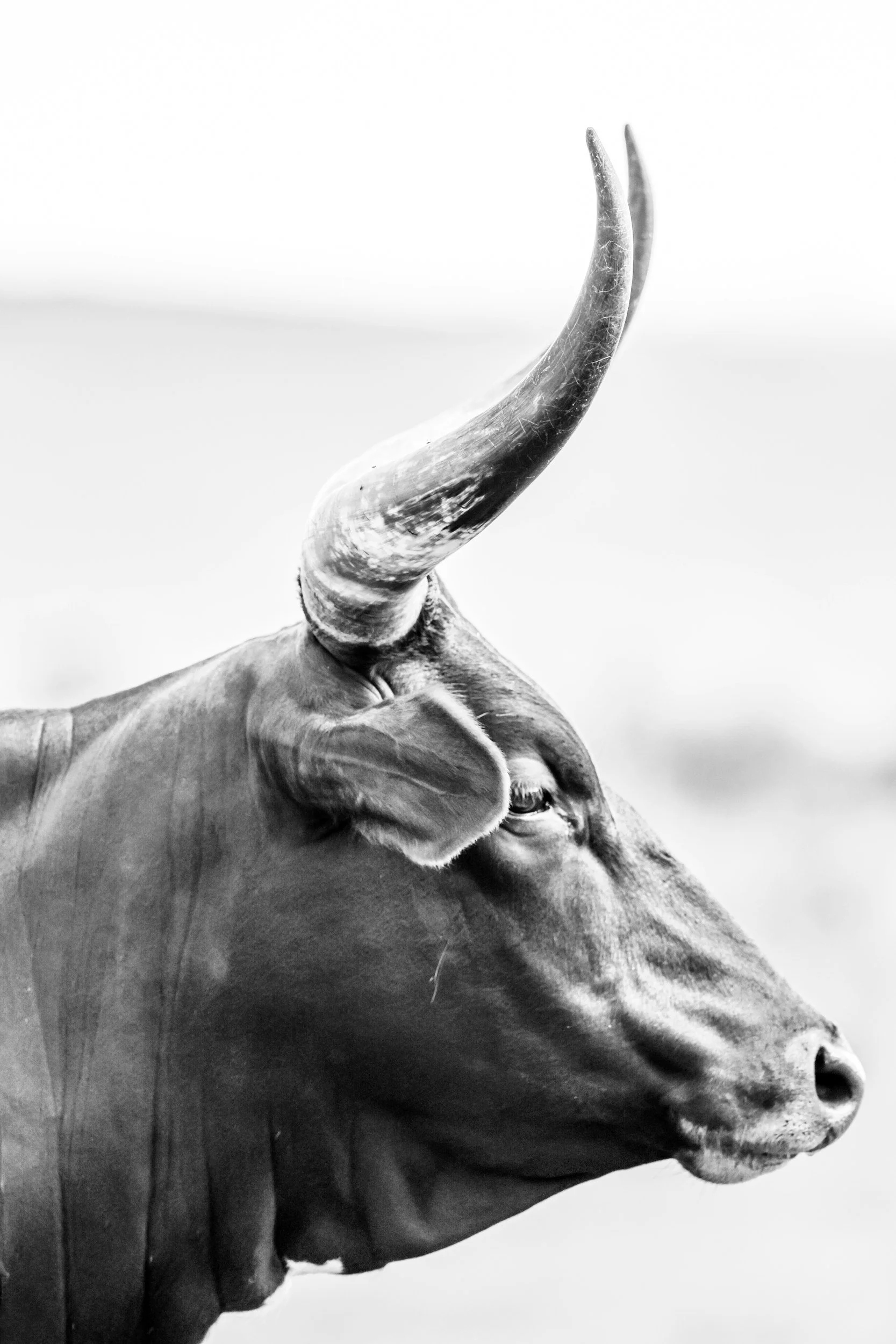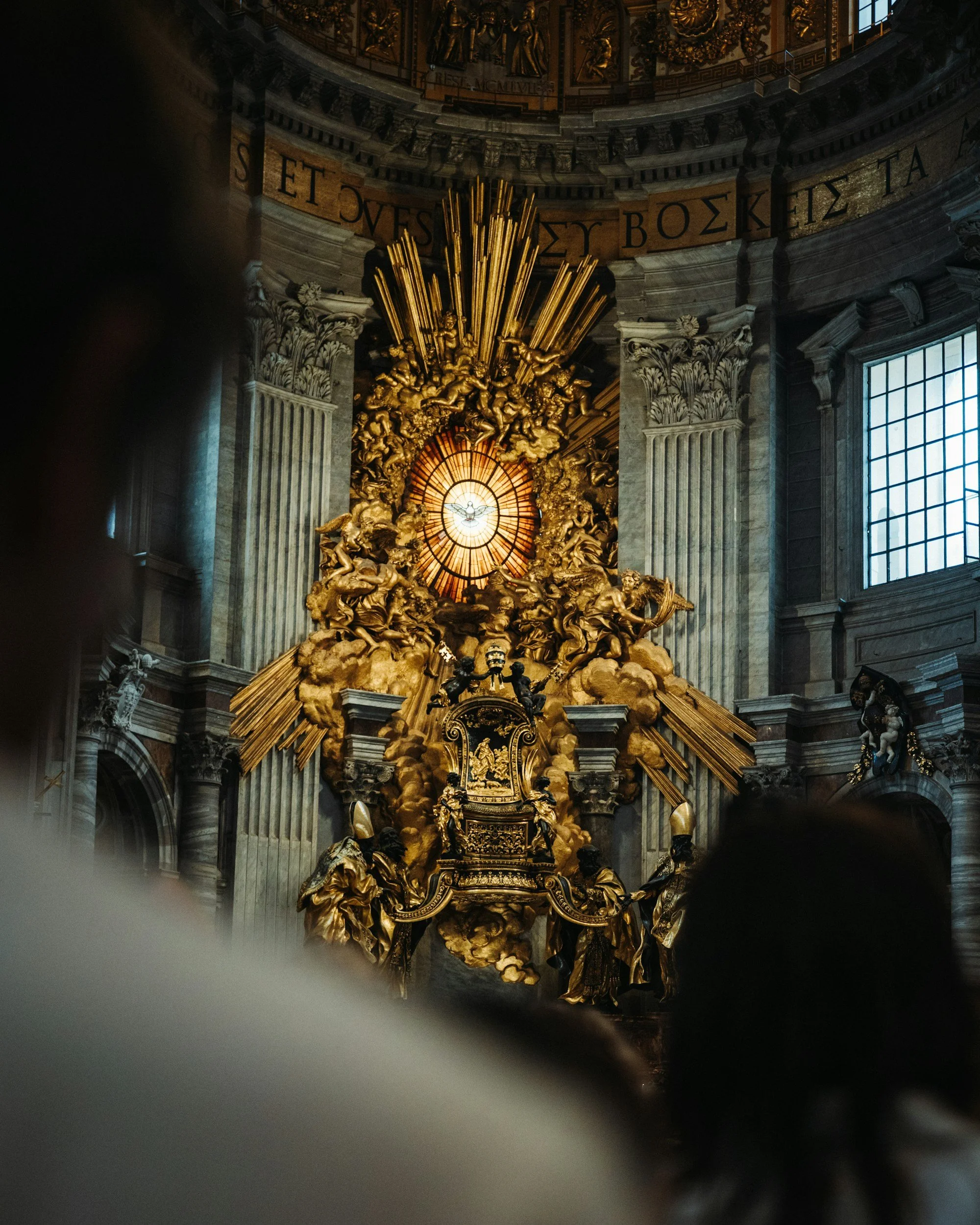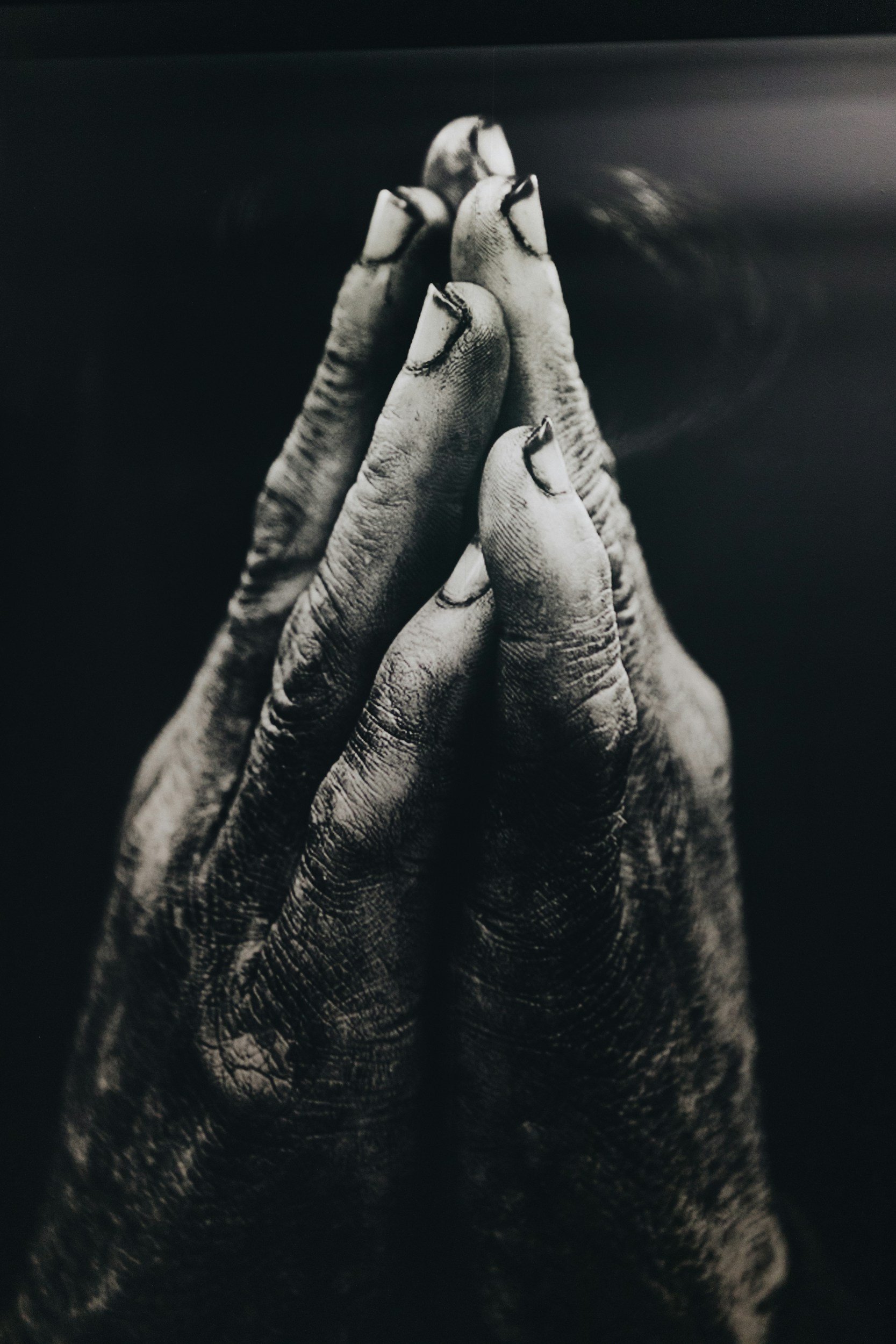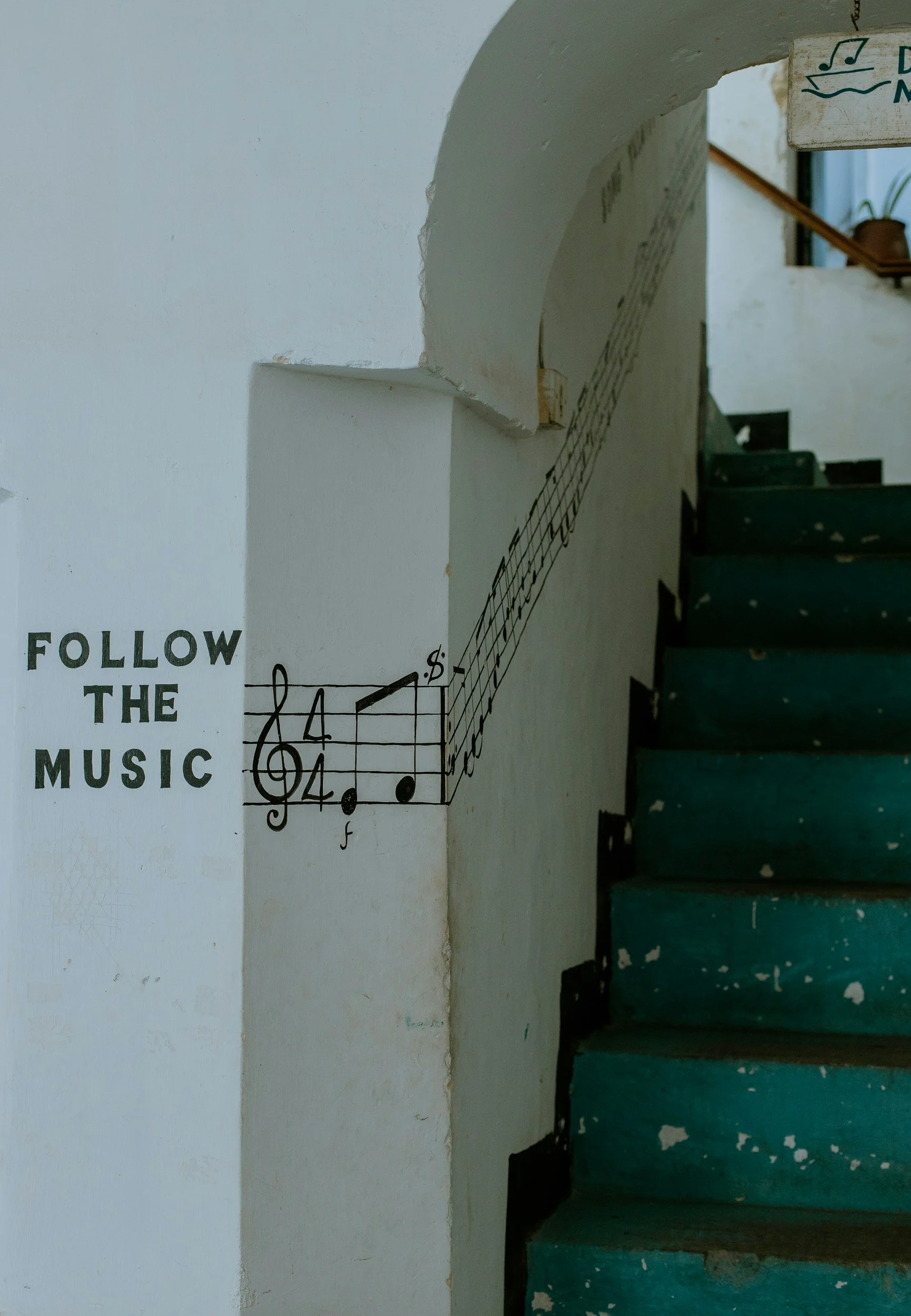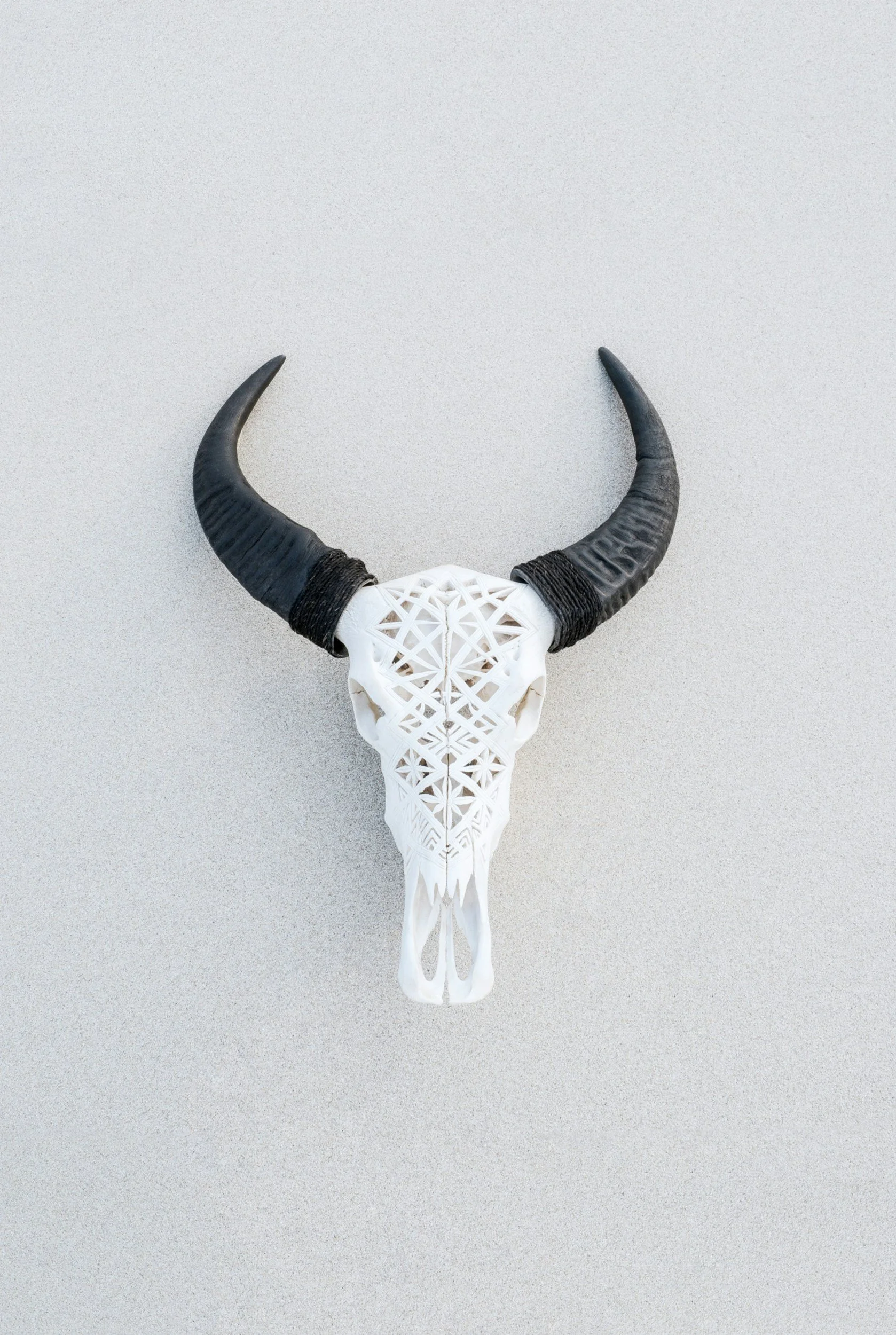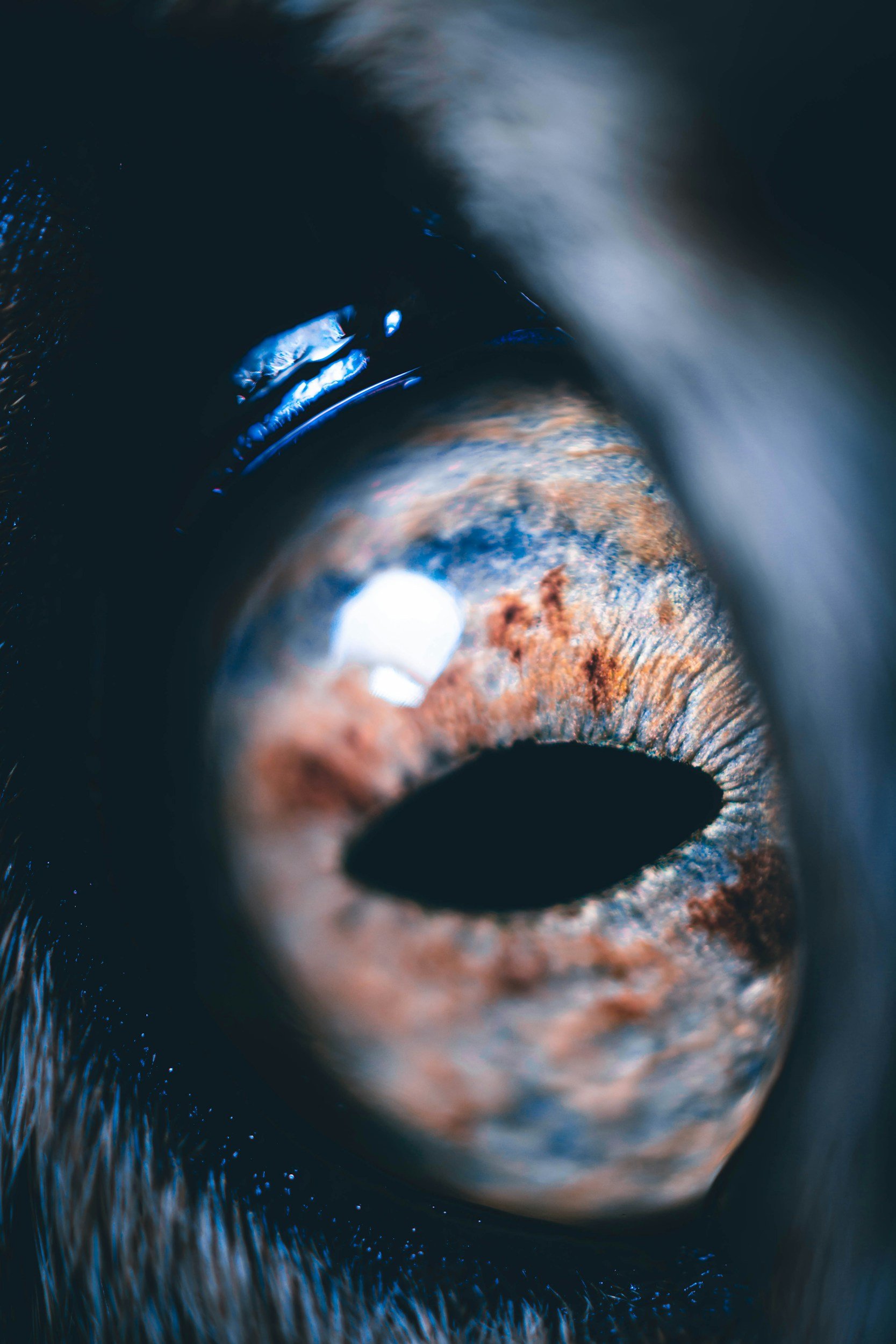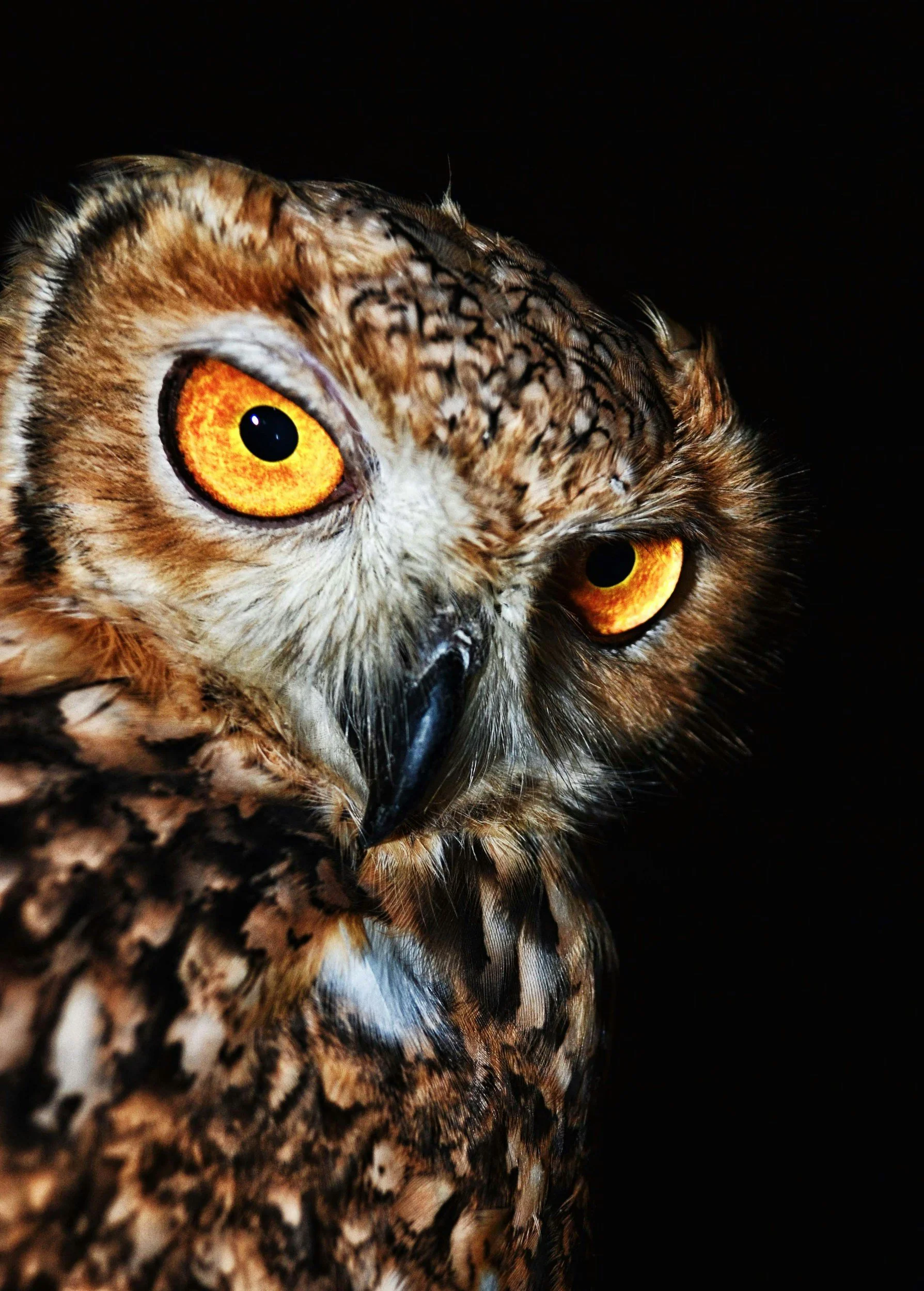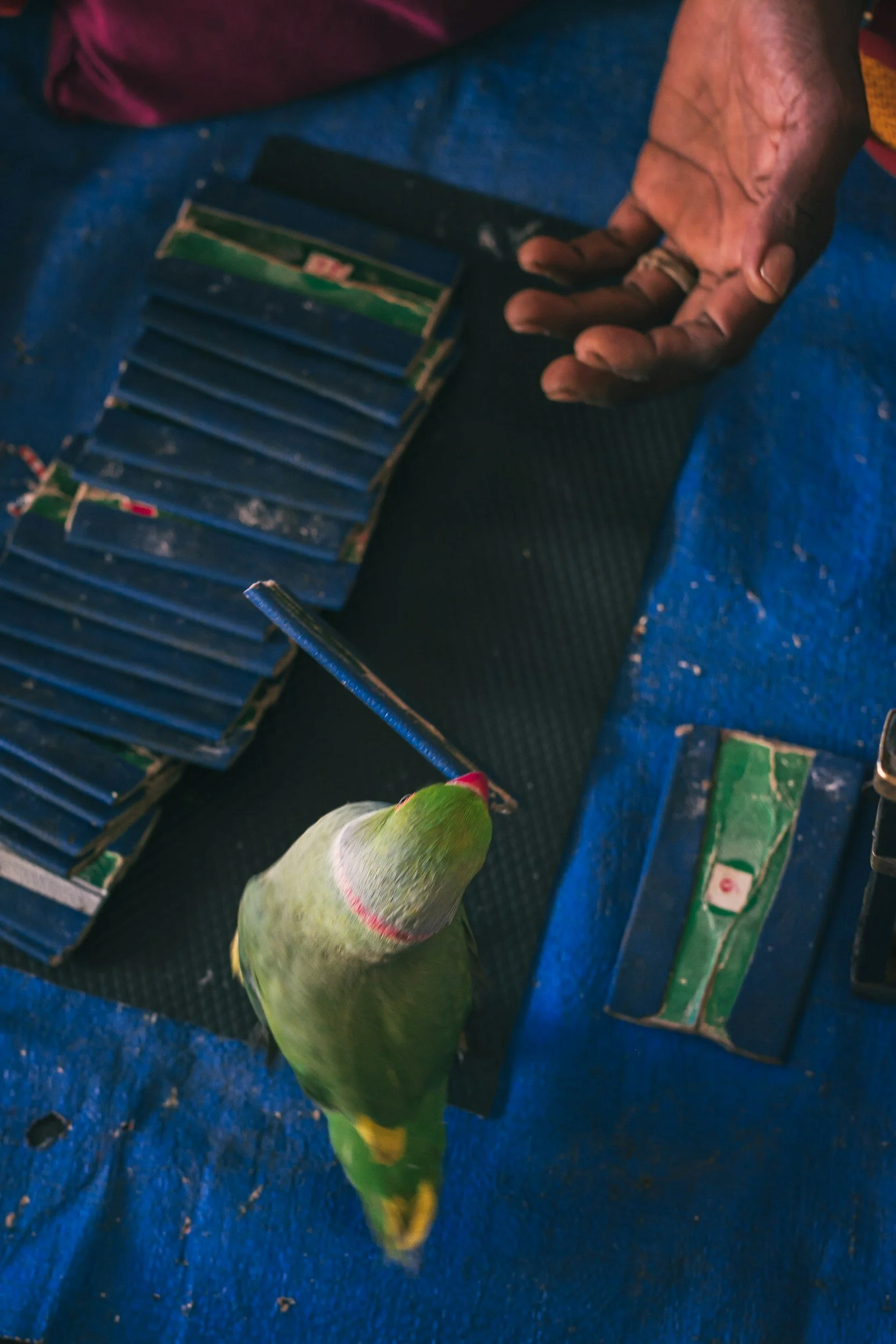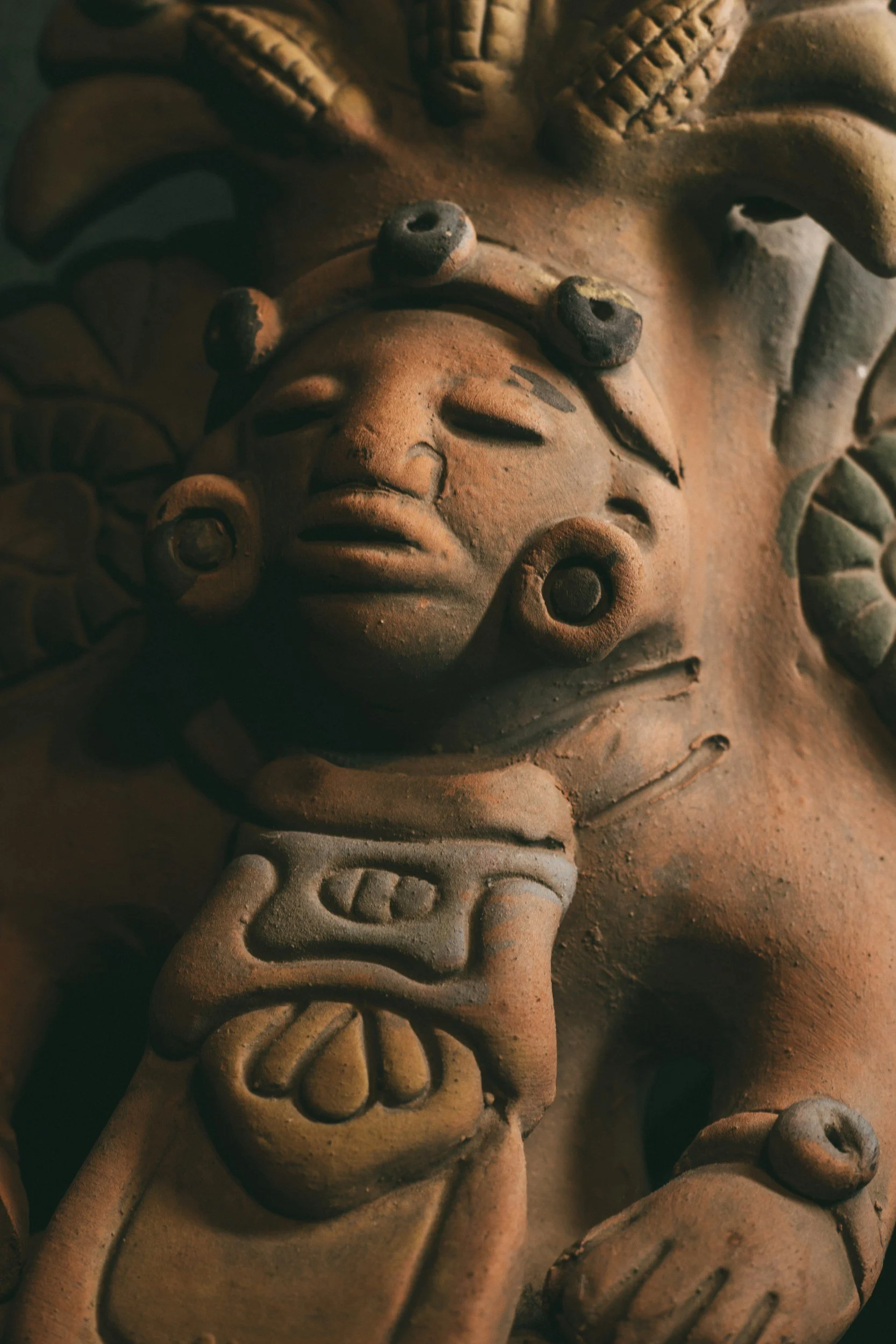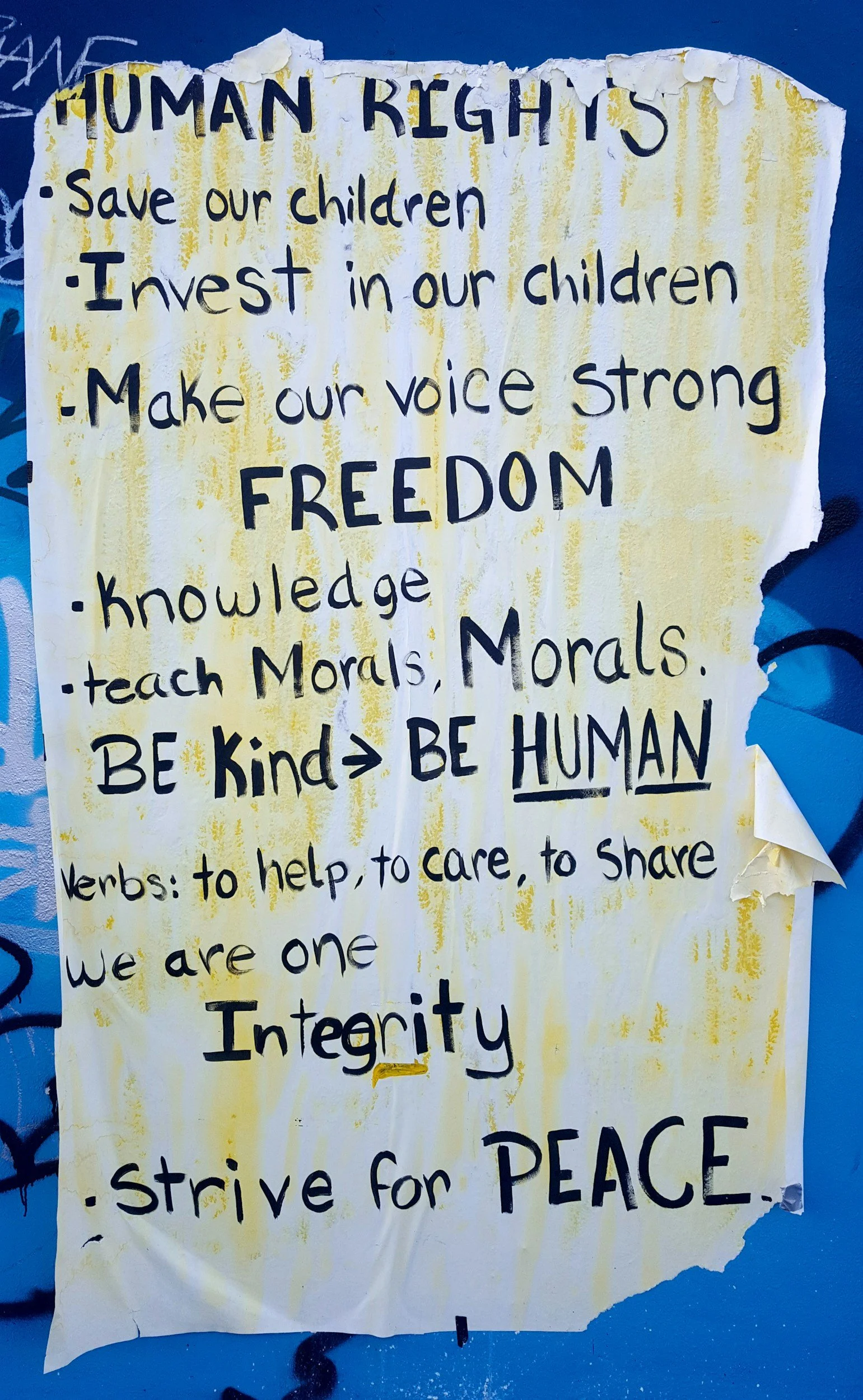What is Iyi-Uwa in Igbo Spirituality?
In Igbo spirituality, the concept of Iyi-Uwa is most commonly discussed in the context of the Ogbanje phenomenon, which has been popularized as the mystery of the “coming and going” children who are born, die, and are reborn repeatedly into the same family.
In Igbo traditional belief systems, every birth, life, death, and rebirth is part of a larger cosmic cycle, and Iyi-Uwa plays a pivotal role in that cycle.
In this post, we will demystify what an Iyi-uwa represents, and how it relates to the legendary Ogbanje spirit children.
What Does Iyi-Uwa Mean in Igbo Spirituality?
The term Iyi Uwa comes from a combination of two words in Igbo language: Iyi meaning an “oath” in this context, and uwa generally meaning “world”, so Iyi-Uwa can be directly interpreted as a “binding oath with the world.”
In practice, an Iyi-Uwa is a soul contract, which is also believed in some cases to have manifestations as a physical object, believed to tether a particular spirit to the earthly realm. In Igbo belief, there is a direct connection between Iyi-Uwa and reincarnation. As long as the ethereal aspect of the Iyi-Uwa remains hidden and intact, the bond between the spirit and the world can remain unbroken, allowing that spirit to find its way back to the same family over and over.
It is safe to say Iyi-uwa is consequently both a symbol and tool: symbolizing the spiritual or soul contract that was made before birth, and serving as the means by which the contract is kept active.
The Ogbanje Phenomenon: “Children Who Come and Go”
To truly appreciate Iyi-Uwa, one must understand the Ogbanje phenomenon in Igbo culture. We will cover this phenomenon extensively in a different post, in the meantime let’s focus on the generalized understanding of Ogbanje.
This phenomena has been popularized by Igbo literature to mean “children who come and go.” It refers to a reincarnating spirit, often characterized as mischievous, that deliberately plagues a family with repeated tragedy. In Igbo folklore, an ogbanje child is born into a family, lives for a short time, then dies unexpectedly (often in infancy or childhood), only to return in another birth to the same mother, and die again. This cycle might repeat multiple times, bringing heartbreak to the parents each time. Keep in mind that this understanding of Ogbanje is only one of the multiple and various forms of Ogbanje that actually exist in Igbo spirituality.
Traditionally, Igbo ancestors explained recurring infant deaths or miscarriages through the Ogbanje narrative. Instead of viewing each loss as a separate tragedy, they were seen as the work of one malevolent or mischievous spirit playing a cruel game. The ogbanje was imagined as a capricious, otherworldly child who has a specific mission to fulfill in the chosen family, this mission could also include inflicting pain or suffering on the family, as well as other broader missions beyond the scope of this post.
Ogbanje children are believed to have one foot in the spirit world and one foot in the human world. They are sometimes said to possess unusual knowledge or abilities because of this dual existence. For example, an ogbanje child might have an uncanny awareness of things a normal child wouldn’t know, a hint at their memory of past lives or spiritual origin.
It’s important to note that in Odinani, the idea of reincarnation (ilochi uwa) is not foreign. In fact, Igbos traditionally believe that ancestors can be reborn into their family lineage. However, an ogbanje is a twist on the usual reincarnation belief. Rather than a welcomed ancestor coming back, it’s seen as an unknown or malicious or restless spirit interfering with the natural order of life and death. In a sense, Ogbanje represents a nuanced form of (re)incarnation, a reincarnation that can bring pain instead of joy, one that breaks or intercepts the ancestral chain instead of continuing it.
This is where the Iyi-Uwa becomes crucial. The Iyi-Uwa is believed to be the key to ending an Ogbanje’s cycle, especially when it has been identified as the malevolent form of Ogbanje. It is the object that moors the ogbanje to the human world, effectively guiding the spirit back to the same family each time, as is true to Igbo tradition. The belief is that as long as the ethereal aspect of the Ogbanje’s Iyi-Uwa remains safely hidden, the spirit child has a route to return and continue its cycle of death and rebirth. Finding that hidden mystical object that serves as a manifestation of the Iyi-Uwa, therefore, becomes the desperate goal of a family suffering from a malevolent Ogbanje’s visits.
Iyi-Uwa: The Tether Between Spirit and Earth
The relationship between an Ogbanje and its Iyi-Uwa can be understood as that of any spiritual entity and their assigned destiny or purpose. Cut that tether, and the connection the spirit has to its destination is broken.
Put simply, the Iyi-uwa is the linchpin of the ogbanje’s power. According to Igbo belief, the ethereal aspect or manifestation of the Iyi-Uwa is usually mystically buried in the earth, which is symbolically significant because Ala (the Earth goddess) is the most important deity in Igbo cosmology.
Crucially, this manifestation of Iyi-uwa also acts as the tangible proof of a spiritual contract or covenant. As is true to Igbo belief, anything that has a spiritual form must have a physical manifestation somewhere. The Ogbanje are said to have made an oath in the spirit world, a promise to return to their spiritual siblings after a short stay on earth. The Iyi-Uwa is a (physical) seal of the pact.
Because of this contract-like role, the cultural and spiritual importance of the Iyi-Uwa is enormous. It embodies the Ogbanje’s, as well as any incarnating spirit’s, promise to leave after their mission has been fulfilled.
To tamper with one’s Iyi-Uwa is essentially the way to make the spirit renegotiate its fate, or to rework the instruments assigned to the spirit for its mission in life on earth. This act is not taken lightly, as it is an interference with affairs that concern the realm of Akpu Okalaete, a force that acts as a custodian for reincarnating spirits in Igbo spirituality. It is in the realm of this cosmic force that Igbo mystics belief soul contracts are made in the first place.
There is also a popularized notion, which emerged in Uga Azi that discovering and destroying the Iyi-Uwa can break the cycle pain or suffering, and allow a child to live a “normal” life. It should also be mentioned that such processes could be dangerous or daunting. Igbo tradition holds that one must approach such affairs with caution.
Even with the help of an experienced and powerful Dibia, tampering with one’s spiritual “life-line” could provoke spiritual backlash. There are many unfortunate stories that can attest to this fact. Such tales underscore that, in Igbo thinking, meddling in the affairs of the spirit world is never a small affair.
Final Thoughts
Concepts like reincarnation, ancestral guidance, and spiritual contracts aren’t abstract ideas in Igbo culture; they are lived experiences woven into concepts like Iyi Uwa.
In today’s world, with the limited knowledge available, we might analyze Ogbanje stories as metaphors or psychological coping mechanisms for grief. However, the wisdom embedded in Igbo spiritual perspective which is still largely undocumented till date should not be taken for granted.
Daalu!

